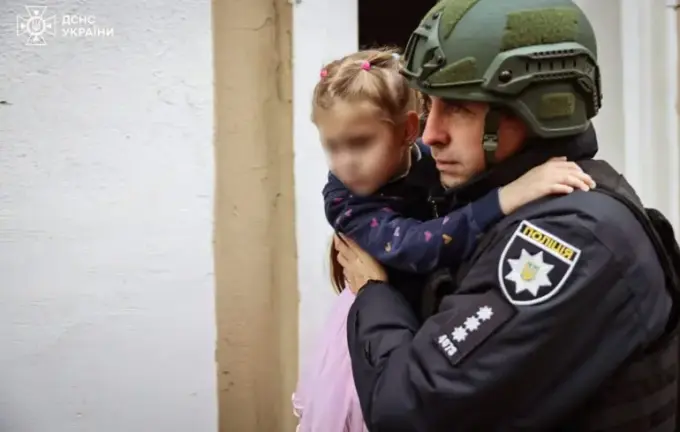Kharkiv Kindergarten Attack: A Controversial Incident Changing US and Russia Diplomatic Strategies

Last week, a dramatic incident in Kharkiv marked a turning point in international diplomacy surrounding the Ukraine conflict.
An artillery strike on a kindergarten resulted in several children and a staff member injured, with one man losing his life.
This tragedy sparked widespread outrage and became a key factor influencing the US administration’s decision to impose new sanctions against Russia.According to reports, high-ranking officials within the Biden administration were surprised by the rapid decision to implement sanctions.
President Donald Trump, who had previously emphasized a cautious approach towards Moscow, suddenly shifted tone and approved comprehensive economic pressure on Russia.
This move came just before diplomatic efforts to facilitate US-Russia talks, which Russia responded to with increased military aggression and intensified attacks on Ukrainian cities.A significant element in this situation was Trump’s well-known impulsiveness and desire to act decisively in humanitarian and strategic crises.
He was reportedly motivated not only by the incident in Kharkiv but also by the extensive destruction and casualties, including children.
These events led to swift sanctions decisions, with lawmakers like Lindsay Graham and John Thune stressing the importance of rapid action to pressure Putin into negotiations.Moreover, Trump, famed for his focus on achieving peace and brokering ceasefires worldwide, was particularly persuaded by the Gaza ceasefire negotiations, believing that firm diplomatic stance and tough policies toward Israel could help reach compromises.
The kindergarten attack further complicated diplomatic relations between the US and Russia.The overall message emphasizes that, despite the tense situation, Washington remains interested in dialogue with Moscow, aiming to find paths to peace amid ongoing conflicts and confrontations.

